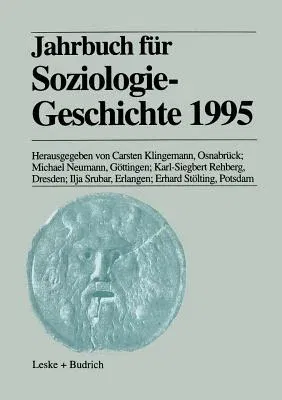Functional explanations seek to account for the intrinsic randomness of
events whose efficient cause cannot be ascertained. In contrast to
causal in- quiries which focus on determinate relationships, function
statements map the limits of randomness. Social systems form the setting
for functional inquiries. Yet, the practical difficulties of resarch on
complex structures deny success to attempts to treat systems as the
point of departure, as the original datum of information, and functions
as its derivatives. Diffuse social systems are not ready subjects of
observation; they can only be construed as networks of dependeney
relations. Such models provide the matrix for generalizations. Not all
parts of a system are interdependent and they do not form an in-
terlocking ensemble. Appropriate system models must disclose not only
re- ciprocal relations but also positions of relative autonomy. Autonomy
or rela- tive independence is a structurally circumscribed condition of
indeterminacy in a system. The tempting assumption that all components
of a social system which has stood the test of survival are consistent
and interdependent can ex- plain change only as a consequence of
external invervention. Such a schema may fit stable archaic societies
whose alternative to stability is anomie. If we are to understand
intrinsic changes which occur in complex and diffuse so- cieties(, ) we
have to assume that the consitituents of a system posses varying
measures of autonomy which permits non-repetitive and atypical modes of
interaction. Ernst Manheim - Bibliographie Monographien Zur Logik des
konkreten Begriffs. Miinchen: C. H.


